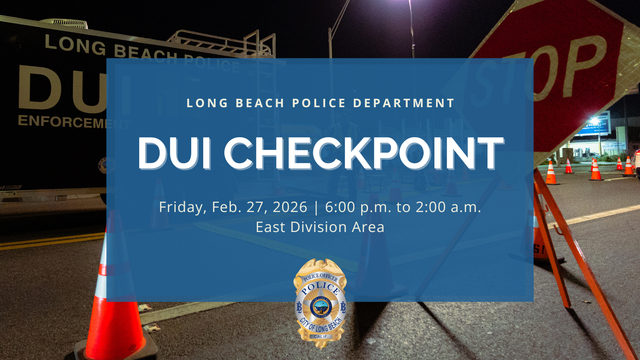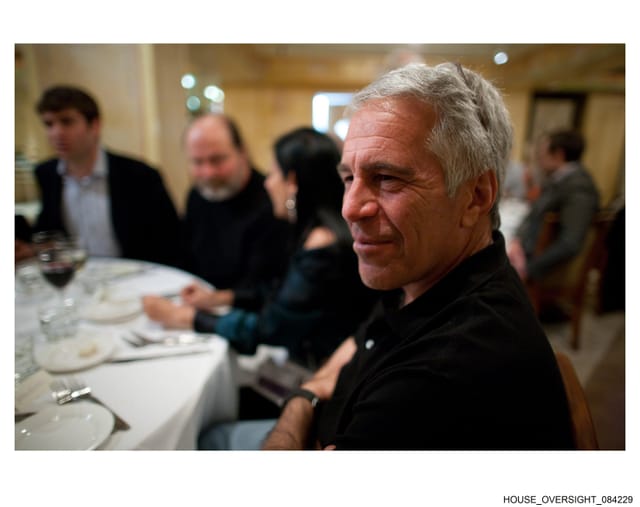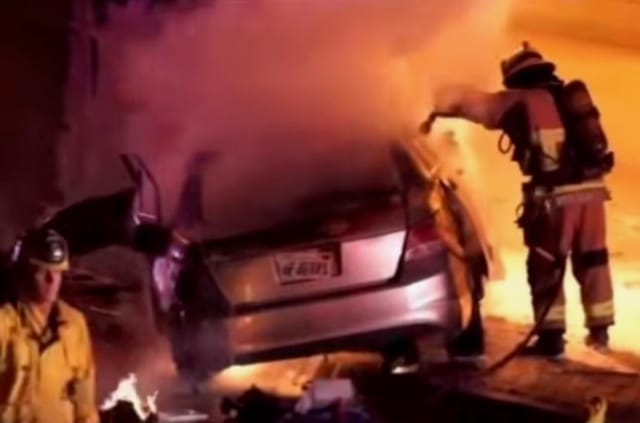City, industry leaders break ground on electric semi-truck charging depot at Port of Long Beach
Diesel trucks account for 25% of California’s transportation-related greenhouse gas emissions. The new facility is a milestone in creating the infrastructure to change that, officials said.
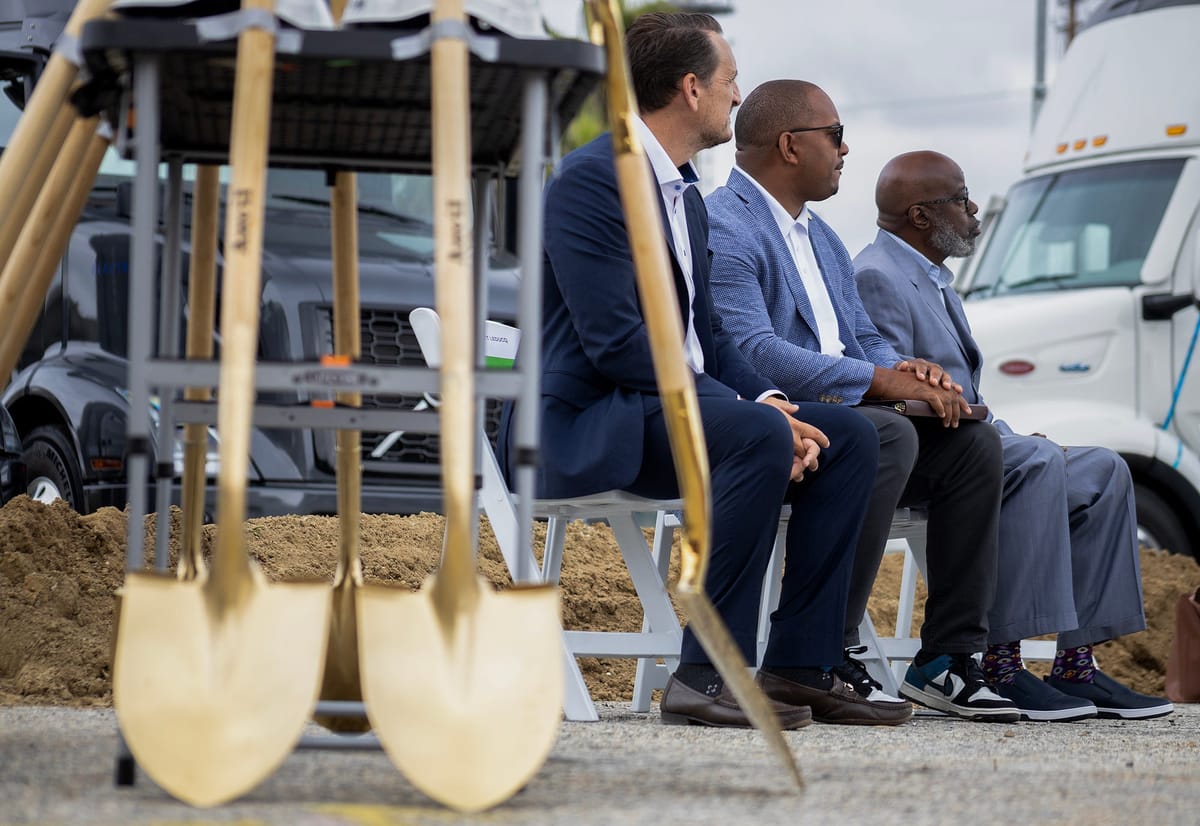
The Port of Long Beach continued its push toward zero emissions Wednesday when city and industry leaders commemorated the groundbreaking of an electric semi-truck charging depot in the heart of the port complex.
Located on Pier D, the charging depot being developed by Forum Mobility includes 19 dual-port and six single-dispenser 360 kW chargers, which should be able to charge 44 trucks simultaneously, according to the company. At full capacity, the facility can service more than 200 trucks per day, with a charging time of about 90 minutes, depending on battery size.
“When you start something new in a market that is going through … a transition that is going to be difficult, you hear a lot of no’s,” CEO Matt LeDucq said during the event Wednesday, referring to the challenge of making the depot a reality. “It’s the no’s that motivate me.”
For more than two decades, the San Pedro Bay ports, which move 40% of the country’s container imports each year, have been working toward net-zero emission operations. The effort includes electrifying terminal equipment as well as the thousands of trucks that visit the port every day.
Long Beach Watchdog is a reader-supported publication. To receive new posts and support our work, consider becoming a free or paid subscriber.
Semi trucks account for about a quarter of the state’s transportation-related greenhouse gas emissions and nearly half of the smog-forming emissions, according to Gideon Kracov, a South Coast Air Quality Management District and California Air Resources Board boardmember who spoke at the event.
“Trucking has an outsized impact on climate change, air pollution and community health,” Kracov said. “Despite all the great work we have done, I think we all agree that too many of the sources down here at the ports — trucks, locomotives, cargo-handling equipment, the ships — still run on diesel.”
“Truck electrification is a critical solution to climate change and to protecting public health,” Kracov continued, hailing the project as “amazing.”
Since 2021, zero-emission truck sales in California have increased 58%, Kracov said. While promising, the infrastructure to support those trucks remains scarce, which has kept the number of electric trucks on the road relatively low.
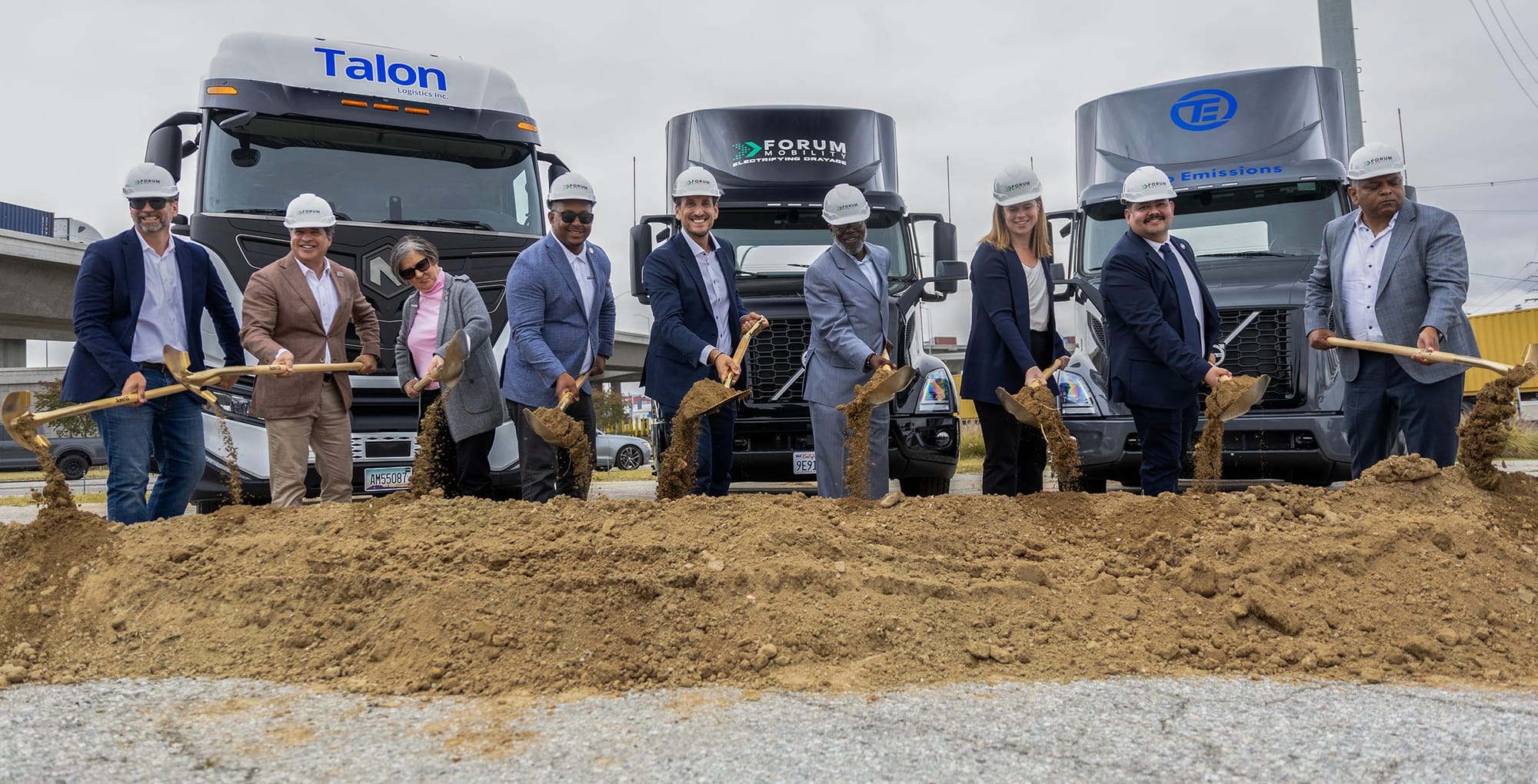
There are about 23,000 registered drayage trucks servicing the ports of Long Beach and Los Angeles, with just over 16,000 listed as “active,” according to Port of Long Beach spokesperson Eric Bradley. Of those trucks, 1,000 are natural gas, 282 are electric and 22 are powered by hydrogen fuel cells, Bradley said in an email Wednesday.
Both ports see roughly 25,000 truck trips per day, the vast majority of which are made with diesel trucks.
Long Beach Mayor Rex Richardson lauded the project, saying it’s essential to create infrastructure to ease the transition to electric trucks. Aside from generating revenue for the city through the utility users tax, Richardson said it's critical for the health of neighborhoods near the port and along the 710 Freeway.
“The Westside … has borne the burden of the goods movement for America for many, many years,” Richardson said, noting that residents in the area have a life expectancy that’s about 17 years lower than other parts of the city. “To me, with the economic engine that the port is and all of this industry, that is a contradiction that can no longer stand.”
The fully staffed charging depot is scheduled to come online in the fall, according to the company, which has a total of eight projects—totaling about 600 charging stations—opening over the next eight to 20 months. Forum has raised more than $400 million through various investors such as CBRE and Edison International for its projects, LeDucq said.
“Our work will start after this facility is operational — getting trucks charged … without a single minute of downtime,” LeDucq said. “This is the gateway and we need to get trucks charged reliably every day.”
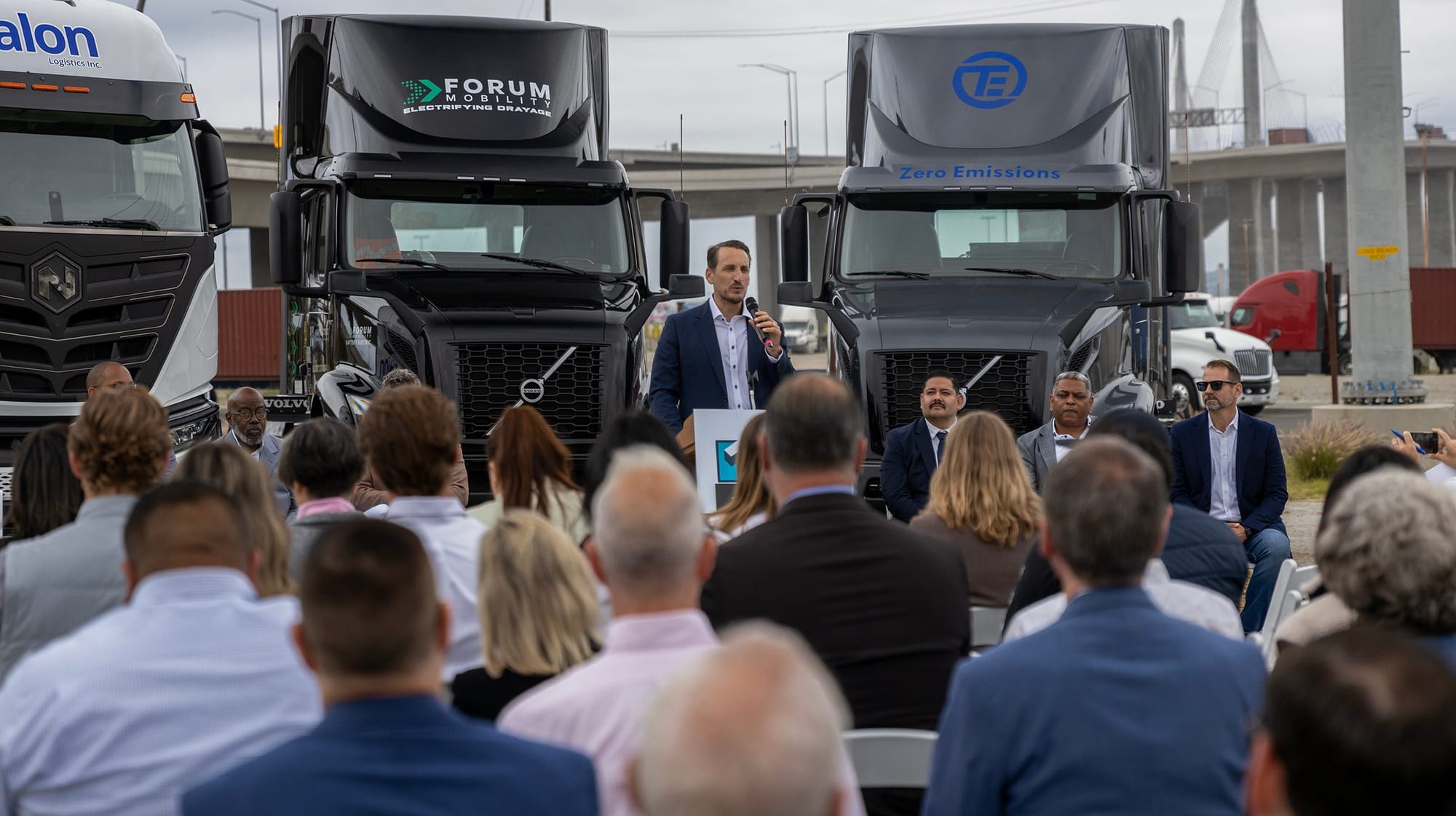
We need your support.
Subcribe to the Watchdog today.
The Long Beach Watchdog is owned by journalists, and paid for by readers like you. If independent, local reporting like the story you just read is important to you, support our work by becoming a subscriber.


